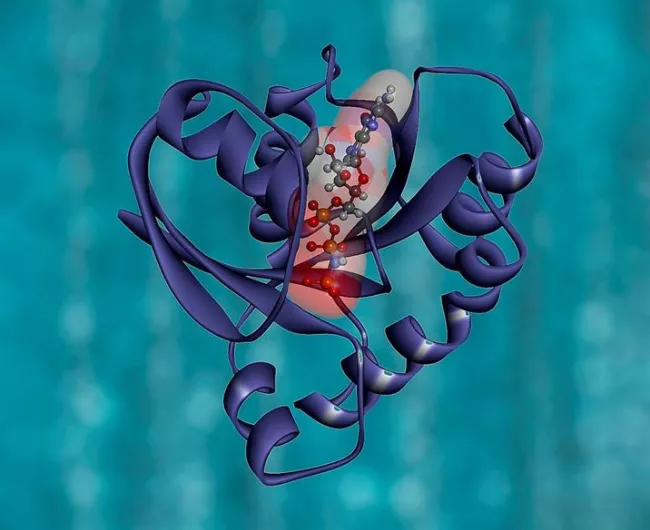Immunotherapy and colorectal cancer
Immunotherapy works with both your immune system and laboratory-made substances to find and attack cancer cells.

What is immunotherapy?
Cancer immunotherapy, also known as immuno-oncology, is a form of cancer treatment that uses the body’s own immune system to help prevent, control, and eliminate cancer. Immunotherapy is also known as biologic therapy. It is usually used to treat patients with advanced colorectal cancer.
Over the last few decades, immunotherapy has become an important part of treating certain types of cancer. New ways of working with the immune system are being discovered at a fast pace, and new treatments are being tested and approved quickly as well.

How does immunotherapy work?
Immunotherapy can help treat cancer in three ways:
- Stops cancer cells from forming
- Prevents cancer from spreading to other areas of the body
- Helps the immune system destroy cancer cells
Immunotherapy works with the natural defenses of your immune system so that it can find and attack cancer cells.
It also uses substances made in a lab that are similar to substances made by your immune system. These substances coordinate with your immune system, which in turn destroys cancer cells.

Who can be treated with immunotherapy?
Currently, immunotherapy is FDA approved for patients:
- with stage IV colorectal cancer whose tumors have a biomarker called microsatellite instability (MSI-H)
and
- whose cancer has continued to spread while on other standard chemotherapy.
There are also many trials underway to find other strategies for using immunotherapy in those tumors that are not MSI-H. If you are interested in joining a clinical trial, talk to your doctor about what may be available for your specific colorectal cancer.

Are there side effects from immunotherapy?
Every treatment has the potential to cause some side effects. Some people may be more sensitive than others to a particular drug. It also depends on your other treatments, medications, vitamins, and herbal supplements.
Although rare, some life-threatening side effects can occur. Immunotherapy side effects may need to be managed differently than those due to standard chemotherapy. Discuss potential side effects with your doctor before beginning any new therapy.
More about treatment
Liver-directed therapiesTop resources

Legislation introduced to address young-onset CRC
Explore the urgent need for the Colorectal Cancer Early Detection Act (HR 7714), legislation aimed at combating the rising incidence of colorectal cancer among younger adults through enhanced screening, education, and research.

Dak Prescott joins Alliance to ‘LEAD FROM BEHIND’
Initiative aims to reduce stigma and educate about screening choices, as the Colorectal Cancer Alliance launches a health equity fund to decrease disparities.

Act now to create a coverage pathway for future blood-based detection
On the horizon are blood tests that have shown the ability to detect a variety of cancers including colorectal and rare cancers. Though these tests are still in development and are not yet approved by the FDA, clinical trials have shown impressive results.





